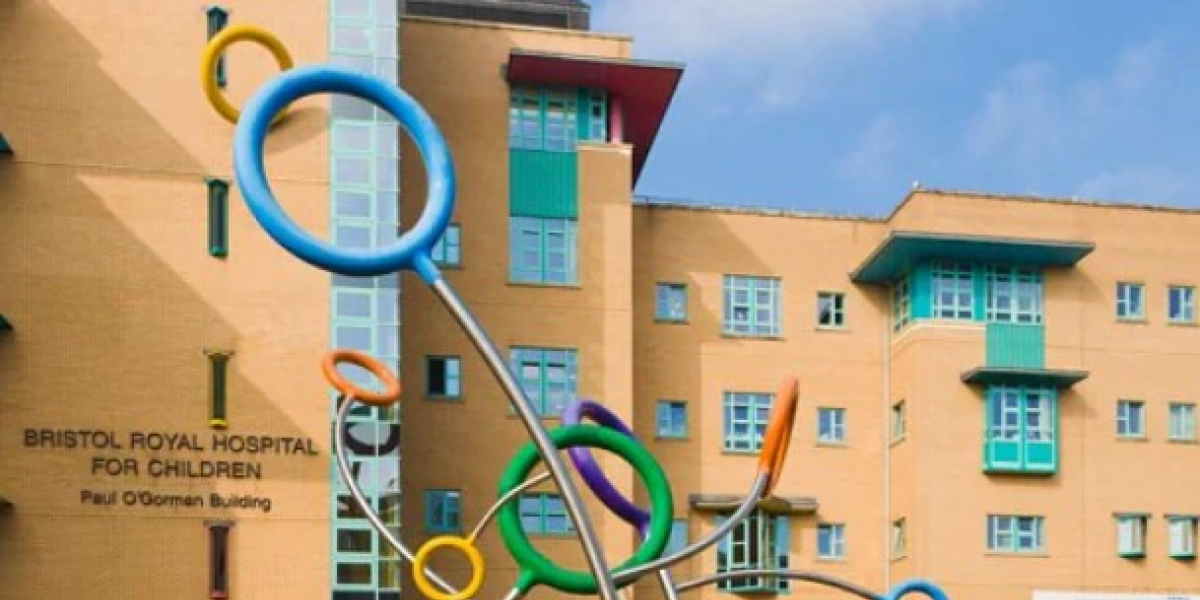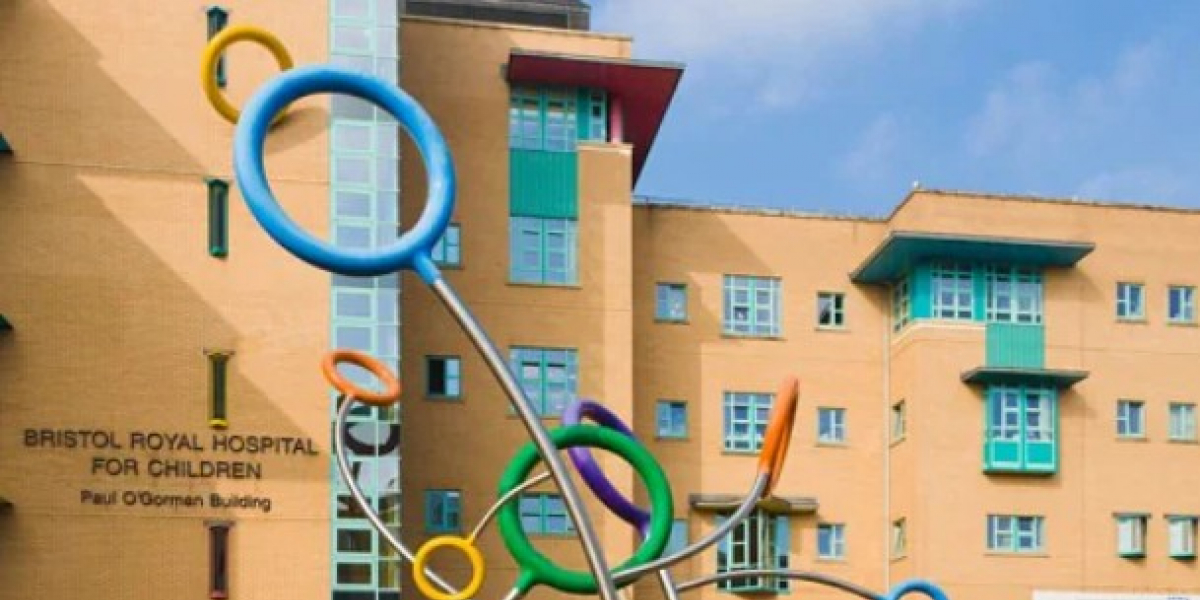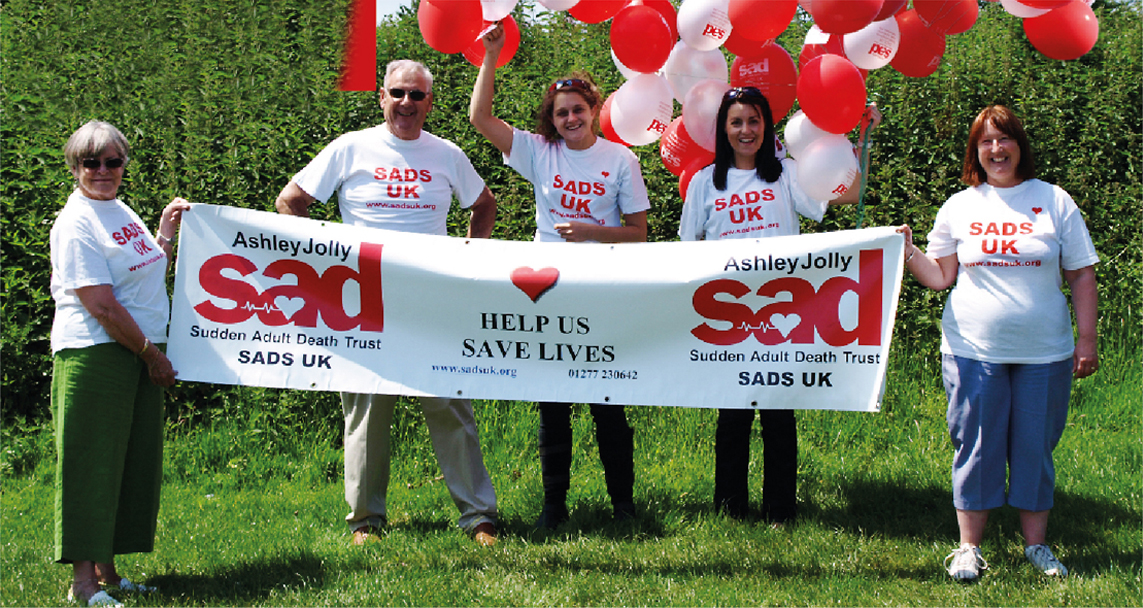SADS UK Working with Bristol Royal Hospital for Children - The International Paediatric Brugada Registry

Project Summary from Dr Cecilia Gonzalez Corcia & Dr Christine Stratmann - Brugada Syndrome - This mostly inherited condition can cause electric disturbances of the heart action resulting in sudden cardiac death, even at a very young age. Presently, it is not fully understood why and when this disease becomes active and dangerous. This makes it very difficult to decide on the best treatment option for each individual and brings much uncertainty and worry to the affected families. To create a reliable risk score for children diagnosed with this condition an international database has been established, charting the clinical course, diagnostics, and treatment of several hundred children. For a rare disease like the Brugada syndrome this is a very big group of patients, all with their individual history. To bring together all these stories will enable us to better understand the disease and its expression and help identify those at risk before their lives are put in danger.
We are immensely grateful to the SADS UK for supporting the International Paediatric Brugada Registry and hope that with the knowledge gained we can give reassurance to affected families in their choices and help prevent further deaths.
If you would like to know more, please also read about little Ellies astonishing recovery from cardiac arrest at only one year of age.
Ellie’s story: Not many would guess what lies behind the neat scar on 4-year-old Ellie’s chest. At only 15 months of age, she had a series of cardiac arrests caused by a rare condition affecting the electrical activity of the heart. This condition, her family would soon find out, is called Brugada syndrome and is one of the major causes for sudden cardiac death in childhood. Ellie’s life was saved first by her grandmother, who performed CPR until the ambulance arrived, and then again by the paramedics, nurses, and doctors treating her on the way to and in the hospital. As her little heart repeatedly stopped beating effectively, the decision was made to fit her with a defibrillator. This device, usually used for adult patients with life-threatening heart conditions, had to be adapted especially for Ellie to fit into her much smaller body. In a several hour-long surgery, a box was implanted under her ribcage connected to tiny cables leading directly to her heart. This way the so-called ICD (implanted cardioverter defibrillator) can sense when the electrical activity of the heart gets disturbed and react with an electric impulse to reestablish a normal heart rhythm. Thanks to the excellent bystander CPR of her grandmother and the medical expertise of her professional rescuers, Ellie has recovered well from this life-threatening series of events. She now leads a normal and joyful toddlers’ life. The defibrillator has activated itself several times since the surgery, preventing the rhythm disturbances of her heart from leading to sudden cardiac death. She is amongst the smallest patients in the world to have been fitted with an ICD. However, her condition affects many more toddlers, children, adolescents, and adults around the world, many of them unaware of their condition.
With the support of SADS UK, an international registry for children like Ellie, who carry the dangerous Brugada syndrome in their genes, has been established. This enables doctors and scientist to learn more about Ellies’ condition and help diagnose more patients at risk of dying suddenly.






